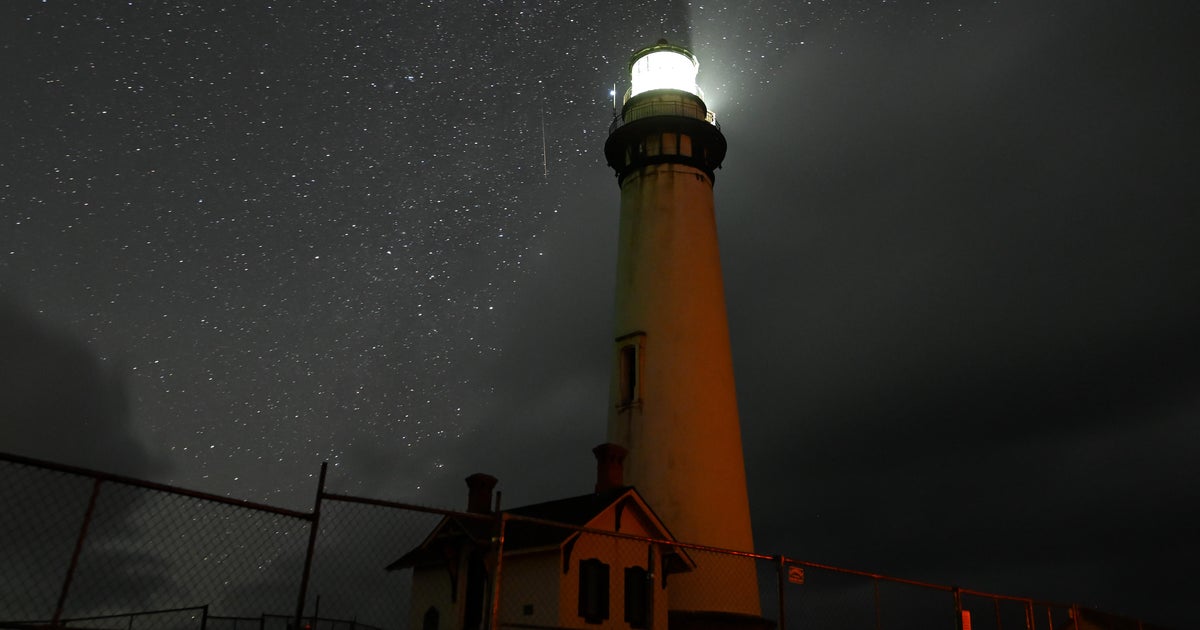
Extreme Temperatures
Extreme temperatures refer to the range of temperatures that are beyond the normal operating conditions of spacecraft and space systems. In space, temperatures can range from extremely hot to extremely cold, depending on the location and the time of day. Extreme temperatures can cause a variety of problems for spacecraft and space systems, including thermal stress, material degradation, and electrical failures. To mitigate the effects of extreme temperatures, spacecraft and space systems are designed with specialized materials and thermal control systems that can regulate the temperature and protect the components from damage.
Your Previous Searches
Random Picks
- Conduction: In space and astronautical engineering, conduction refers to the transfer of heat between two objects that are in direct contact with each other. This transfer occurs due to the temperature difference between the two objects, with heat flow ... Read More >>
- Lunar Lander System: A Lunar Lander System is a spacecraft designed to land on the surface of the moon. It is a crucial component of any manned or unmanned mission to the moon. The Lunar Lander System typically consists of a descent stage and an ascent stage. T ... Read More >>
- Circadian Rhythm: Circadian Rhythm refers to the natural, internal process that regulates the sleep-wake cycle of living organisms, including humans, based on a 24-hour day. In space and astronautical engineering context, circadian rhythm is an important con ... Read More >>
Top News

Astronomers find origins of mysterious fast radio bursts in space......
Astronomers have traced two mysterious fast radio bursts from space to wildly different places, which suggests the phenomenon may originate in diverse ways....
News Source: CNN on 2025-01-24

Supersonic winds rage on planet over 500 light-years from Earth...
Researchers said this was the fastest wind ever measured in a jetstream that goes around a planet....
News Source: CBS News on 2025-01-23

How astronomers used gravitational lensing to discover 44 new stars in distant g...
How astronomers used gravitational lensing to discover 44 new stars in distant galaxygo.com...
News Source: ABC News on 2025-01-06

When and where to see the Quadrantids, 2025's first meteor shower...
The first meteor shower of 2025 is about to peak. Here's how to watch and where you can see the Quadrantids....
News Source: CBS News on 2025-01-02